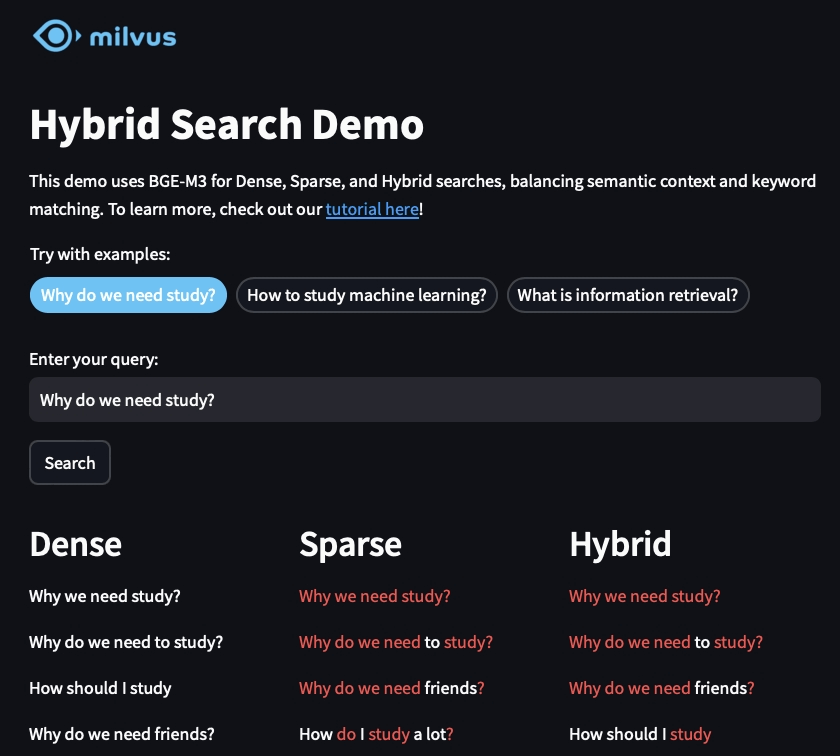Search systems handle special characters through a combination of indexing rules, query processing, and configuration settings. The exact behavior depends on the search engine or database technology being used, but most systems follow core principles to balance flexibility and precision. Special characters like !, @, #, $, and accented letters (e.g., é, ñ) are either treated as part of the search terms, ignored, or processed as operators, depending on context and configuration.
During indexing, many systems use tokenization to split text into searchable units. Special characters often act as delimiters between tokens. For example, a hyphen in user-generated might split the term into user and generated, unless the analyzer is configured to retain hyphens. Some systems strip certain characters entirely (e.g., punctuation like commas or periods) to simplify matching. For instance, C# might become C during indexing unless the # is explicitly preserved. Normalization rules, such as converting accented characters to their ASCII equivalents (e.g., ç to c), may also apply to improve recall. Developers can often customize these rules using analyzers or filters in tools like Elasticsearch or Lucene-based systems.
When processing queries, special characters may require escaping to be interpreted literally. For example, a search for file.txt in a system where . is a wildcard might need to be escaped as file\.txt to match the exact term. Similarly, characters like +, -, or && might trigger Boolean logic or proximity operators, requiring quotes or backslashes to disable their special meaning (e.g., "C++" or C\+\+). Exact-match searches (e.g., using term queries in Elasticsearch) bypass tokenization, preserving special characters. Regex-based searches handle special characters more flexibly but require careful syntax. For example, searching for .*@domain\.com would match email addresses in a regex-enabled query.
Developers can control this behavior through configuration. For instance, Elasticsearch allows defining custom analyzers that retain specific characters, while SQL databases often require using ESCAPE clauses for LIKE queries with % or _. Understanding these rules is critical for ensuring accurate results—especially in cases like code search (printf("hello")), URLs, or identifiers where special characters are meaningful. Testing with sample data and reviewing documentation for escaping mechanisms or tokenization settings is essential to tailor the search experience.
